Outside temperature as we woke up: -9ºC. For the first time during this trip, we had to scrape the ice from the inside of the windshield. We could feel that the van had a little less power than usual, due to the high-altitude thinner air, but it still climbed fine. Indeed, the road kept taking us higher.
We approached the Khargush checkpoint, where we were told that crooked guards work. Local traffic is nonexistent and overlanding preys are rare, so the guards here do their best to extort a few cigarettes and some money when they are given the occasion. As we got there, we were faced by a closed bar gate, and on its side an empty house. We were past the tourist season, and the guards probably did not bother leaving their barrack. We looked around for a while, as the gate was locked with a chain. Xavier wiggled the chain a little, and the bar slipped out of it. In his newfound temporary job, he let the van through, before lowering the bar again. We left photocopies of our passports and travel permits under a stone, and we were off.
Ahead, the road was one long washboard, driving us a little crazy. We reached the Khargush pass, at 4250m. Despite the snow in the fields and on the mountains around, the road was perfectly clean.
As the Hindu Kush disappeared behind our backs, we reached a T-junction that was taking us back to the main – and asphalted – Pamir Highway. We were just done rejoicing about the end of 300km of washboarded dirt roads when we realized the asphalt might have been even worse. You could easily fall into the trap of driving fast, and then hit a bump that launched you into outer space. Here we started crossing again the large trucks loaded with goods and new cars that come from China to Tajikistan. They all traveled in the same direction, a reminder of the imbalance in the economic relationship between these two countries. They also made us realize how, here, the silk road is alive and well: as in many other places it has just taken a new shape, and trucks and electric cars have replaced camels and horses.
We were now in the very middle of the Pamir plateau, a featureless steppe bordered by high mountains in all directions. We crossed Alichur, the highest settlement in the region, with its couple hundred inhabitants living year-round at almost 4000m. Houses here really are simple shelters: little 20m^2 square blocks that look like they have randomly fallen from the sky and landed in the middle of this endless flat. Not a single tree grows in the High Pamirs, and the locals survive through the winter by burning the desiccated excrements of their animals, mainly yaks, which we observed grazing in the distance.
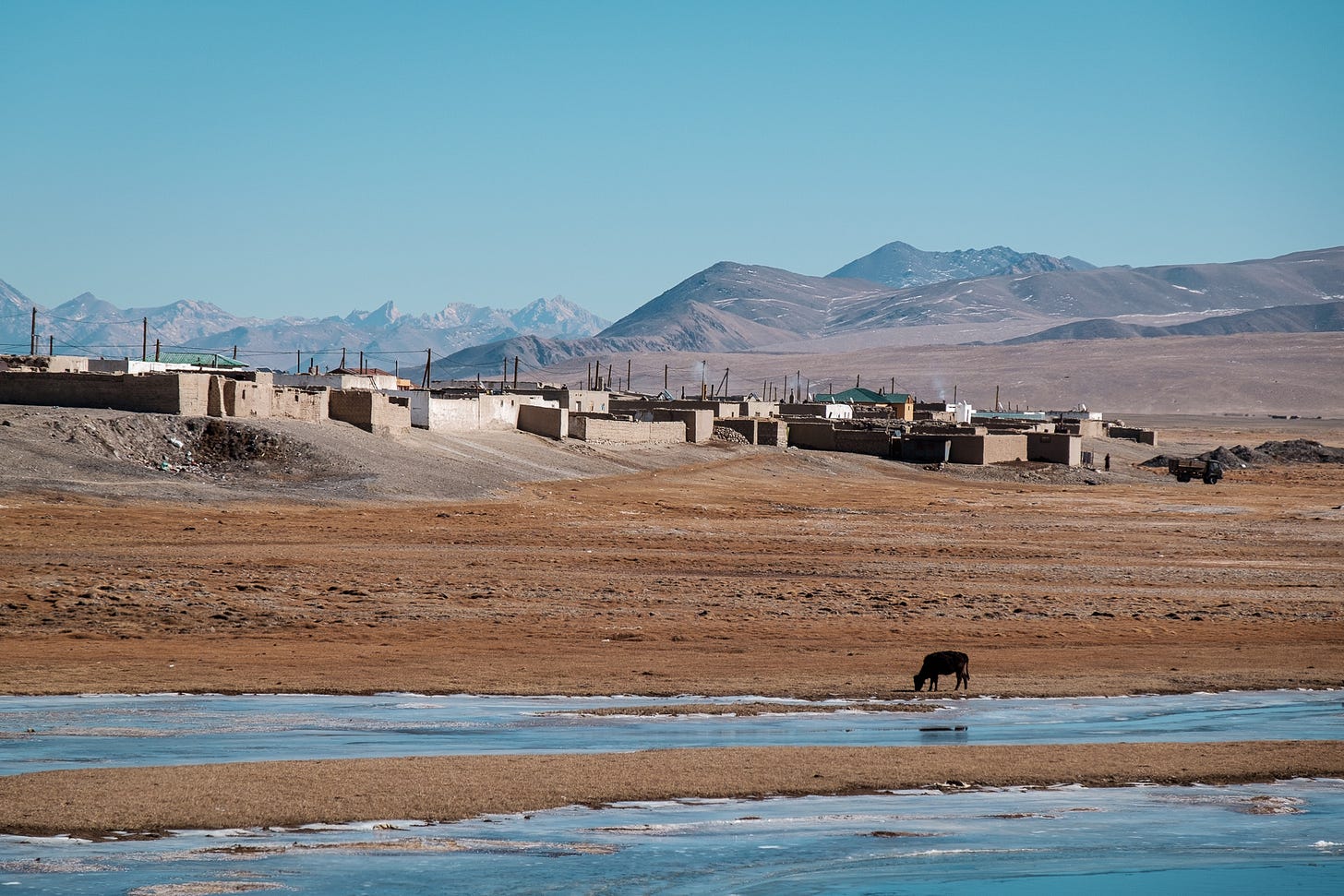
We continued along the stretch of M41 connecting Alichur to Murghab, and there was nothing there, in the best possible way. Not a single house, not a trace of mankind, just a road cutting through the surface of Mars. The asphalt was sometimes so broken that we drove on the hard soil on the side of the road every time it was possible. We were driving a lot, and sometimes felt like we were rushing this adventure a little. But in truth, it was a stroke of luck that we were managing to drive the Pamir Highway in November, with our “unfit” vehicle. We rejoiced about that.
Freddy Mercury and Phil Collins accompanied us in the sunset light, as we rolled into Murghab. Life here is very rudimentary, with people living in simple housing and having to weather extremely cold winters and very hot summers. The inhabitants of Murghab are for the majority ethnically Kyrgyz, and their main connection with the rest of the world used to be with the Kyrgyz city of Osh. Now, amid tensions between Kyrgyzstan and Tajikistan, is has become very complicated for them to cross into Kyrgyzstan, and they have to resupply from Khorog, if not even further into Tajikistan. As a matter of fact, the border we would need to cross the next day is technically closed. Passage is allowed only on an exceptional basis requiring a special permit, which is not given to locals. We picked up these permits at a guesthouse in Murghab, where we also enjoyed the luxury of washing ourselves in a simple Russian banya: a hot steam room where an old stove heats up some water. We slept near the guesthouse, in the pungent smell of burnt yak excrement.
We’re publishing this story in parts. Next time: Day 7 - from Murghab to Sary-Tash





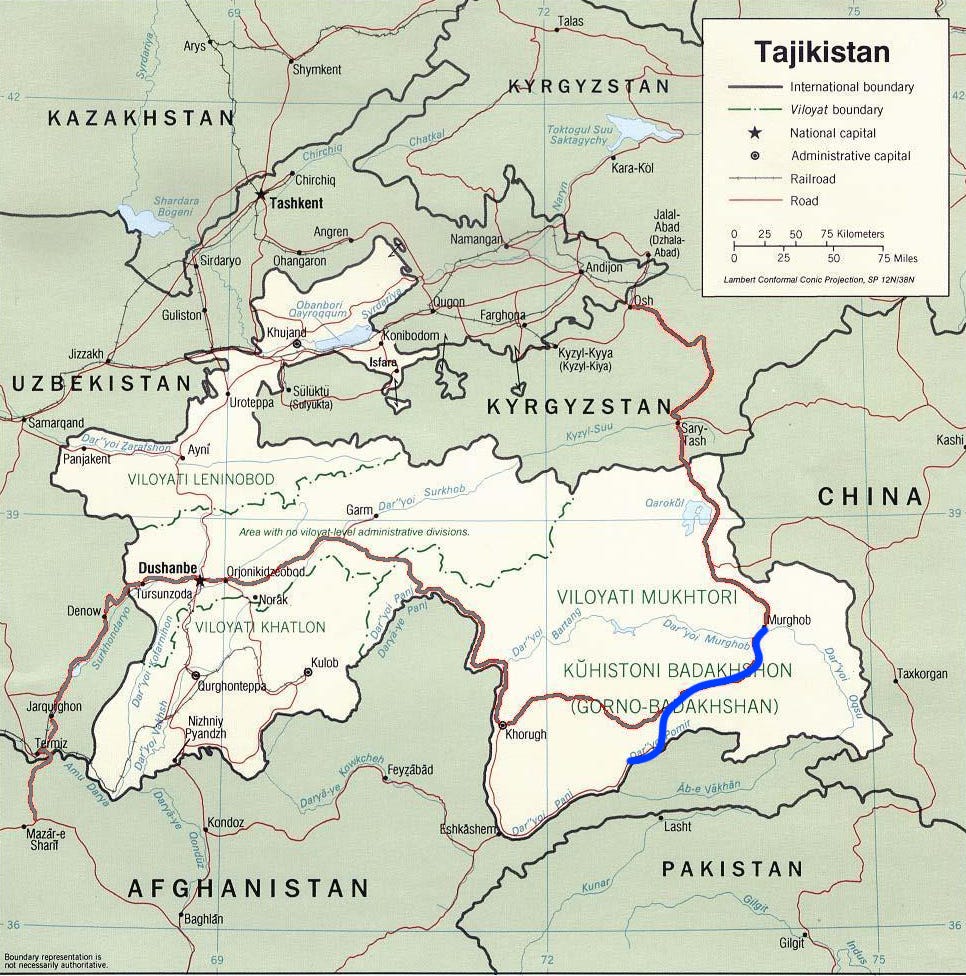
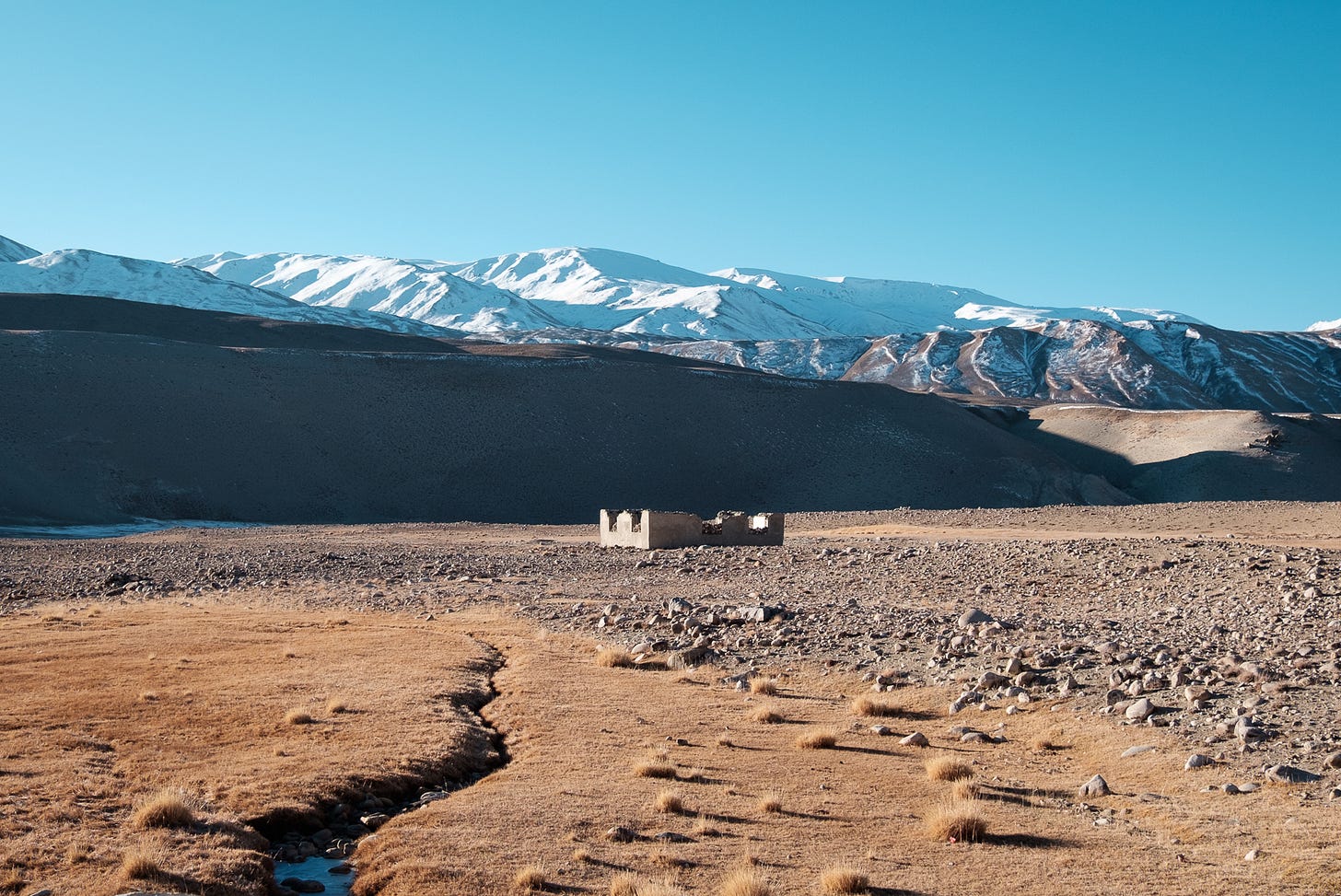
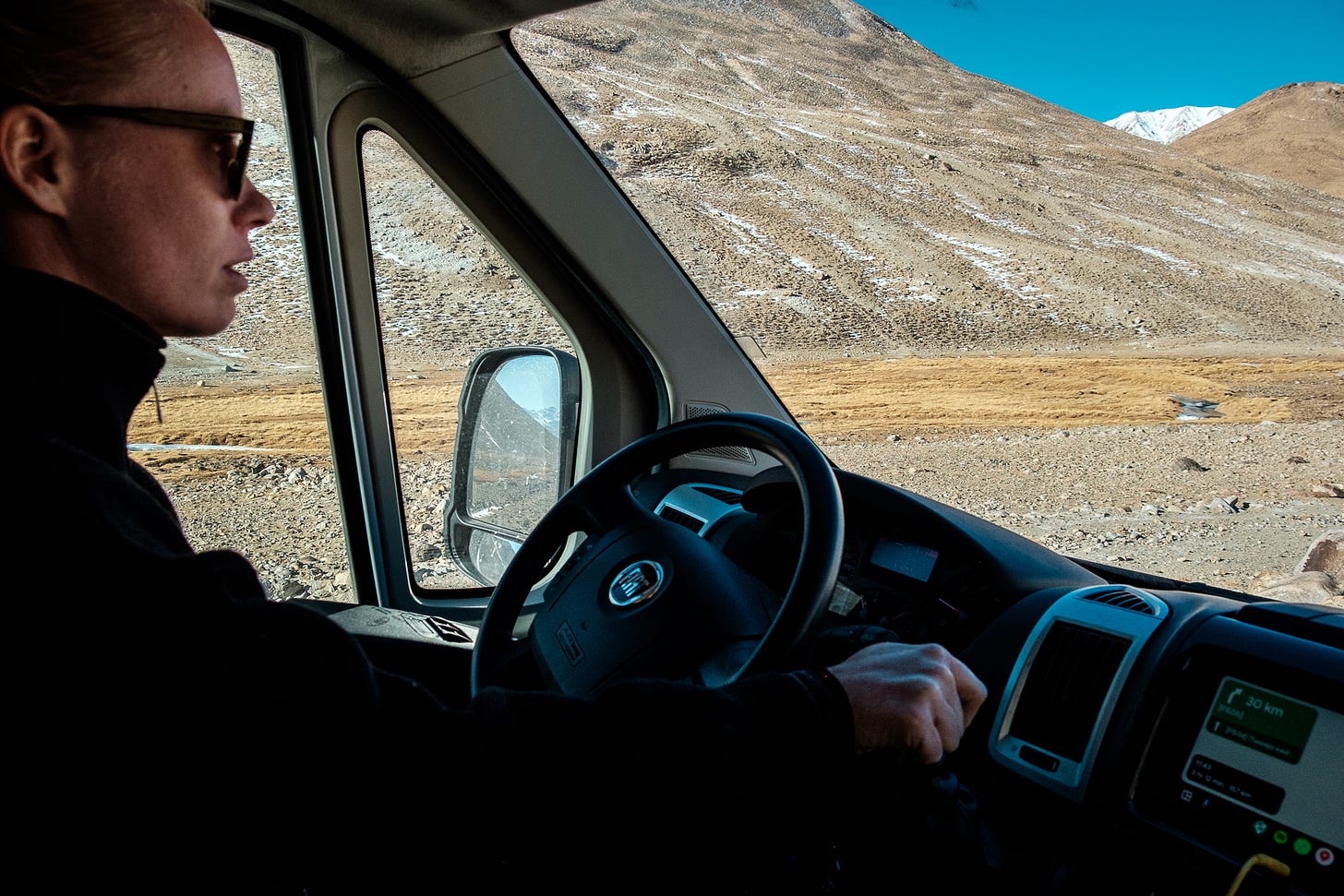
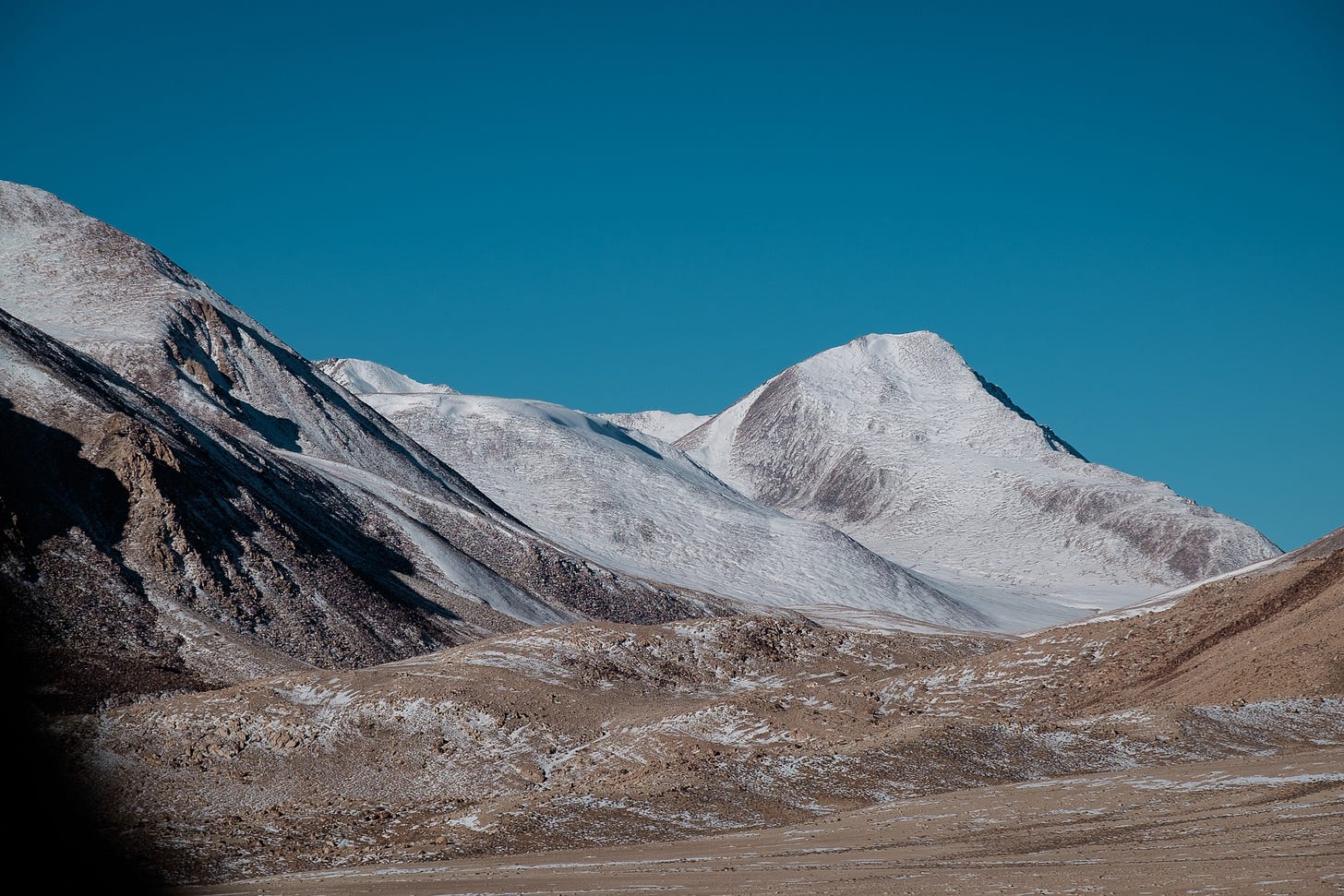
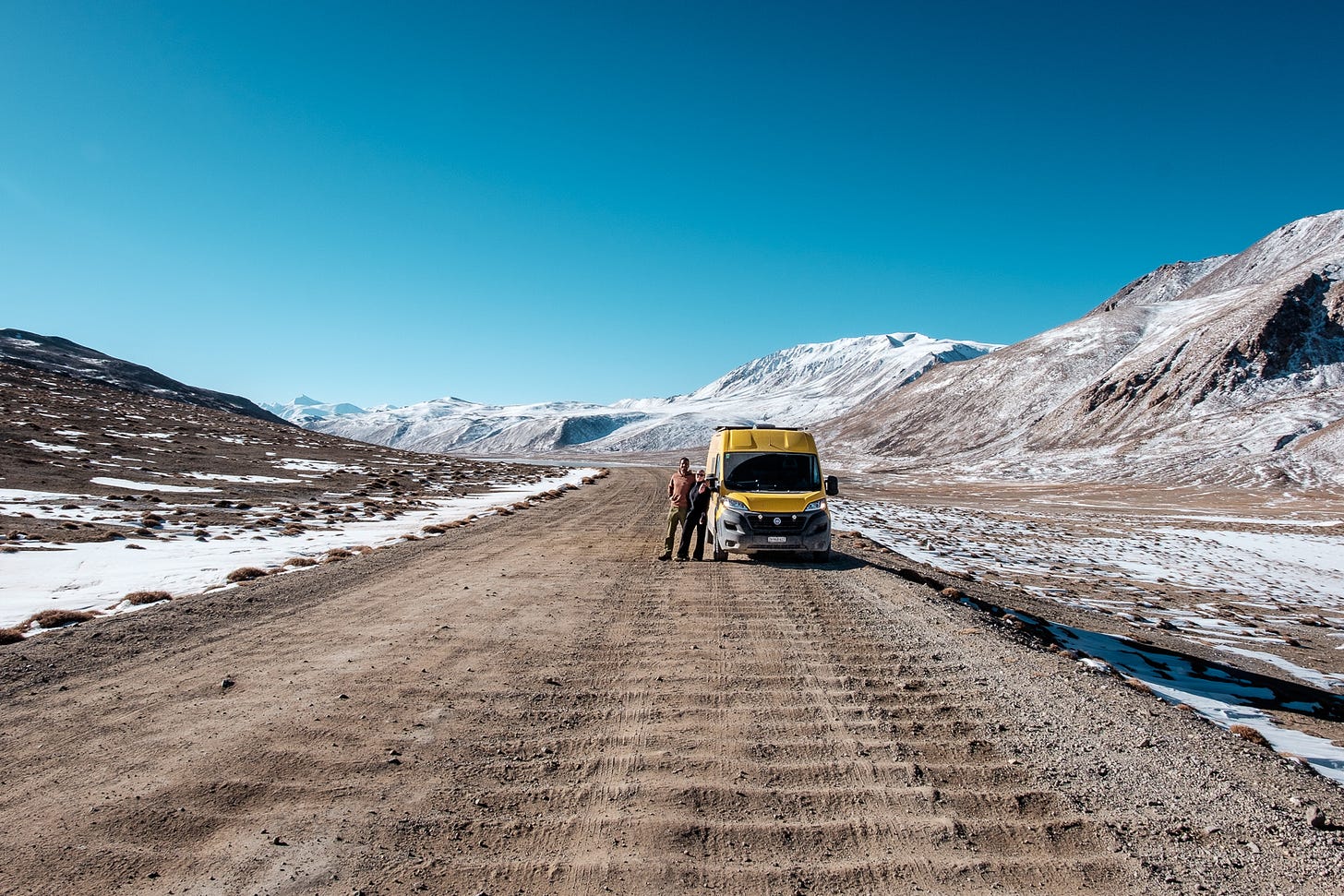
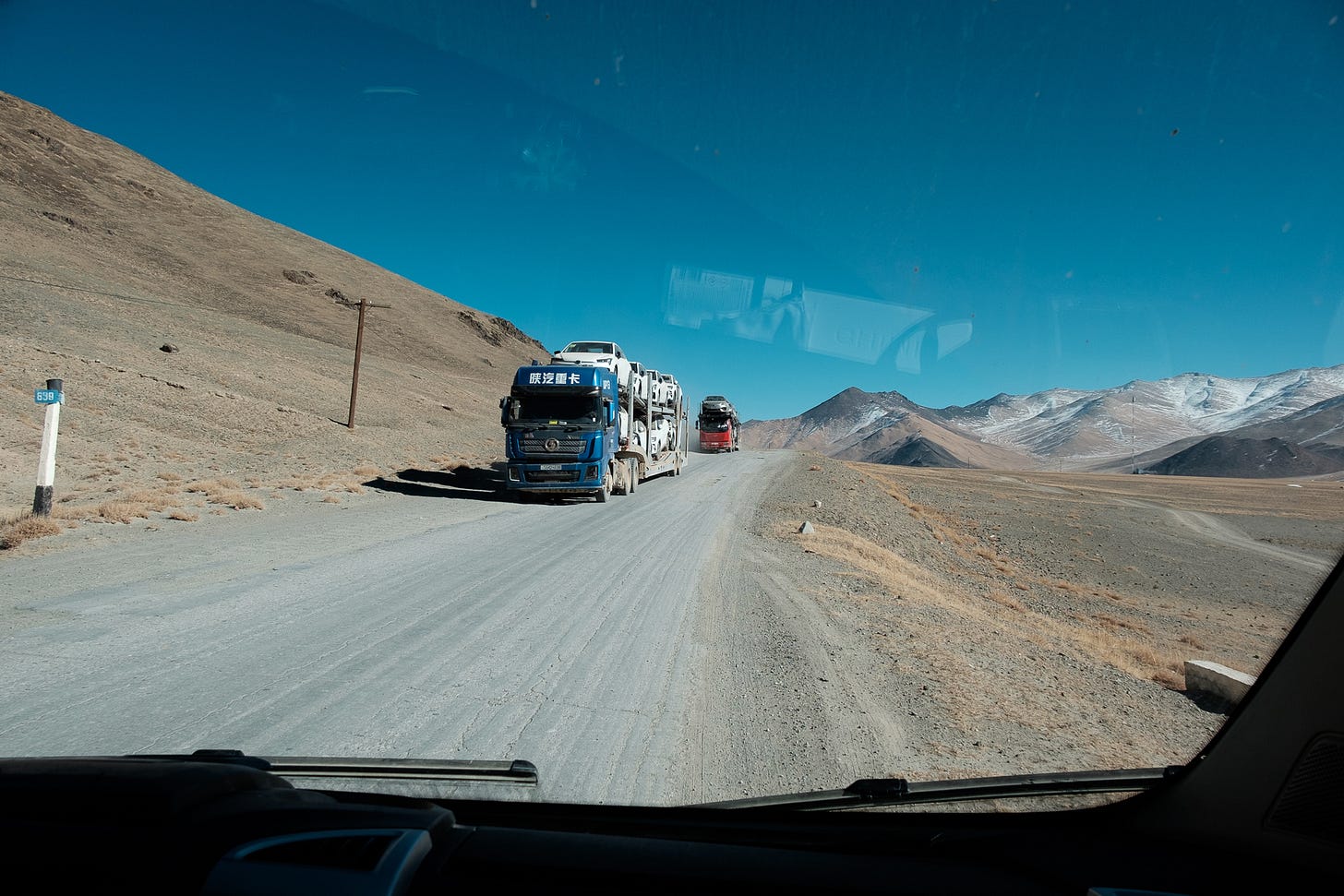
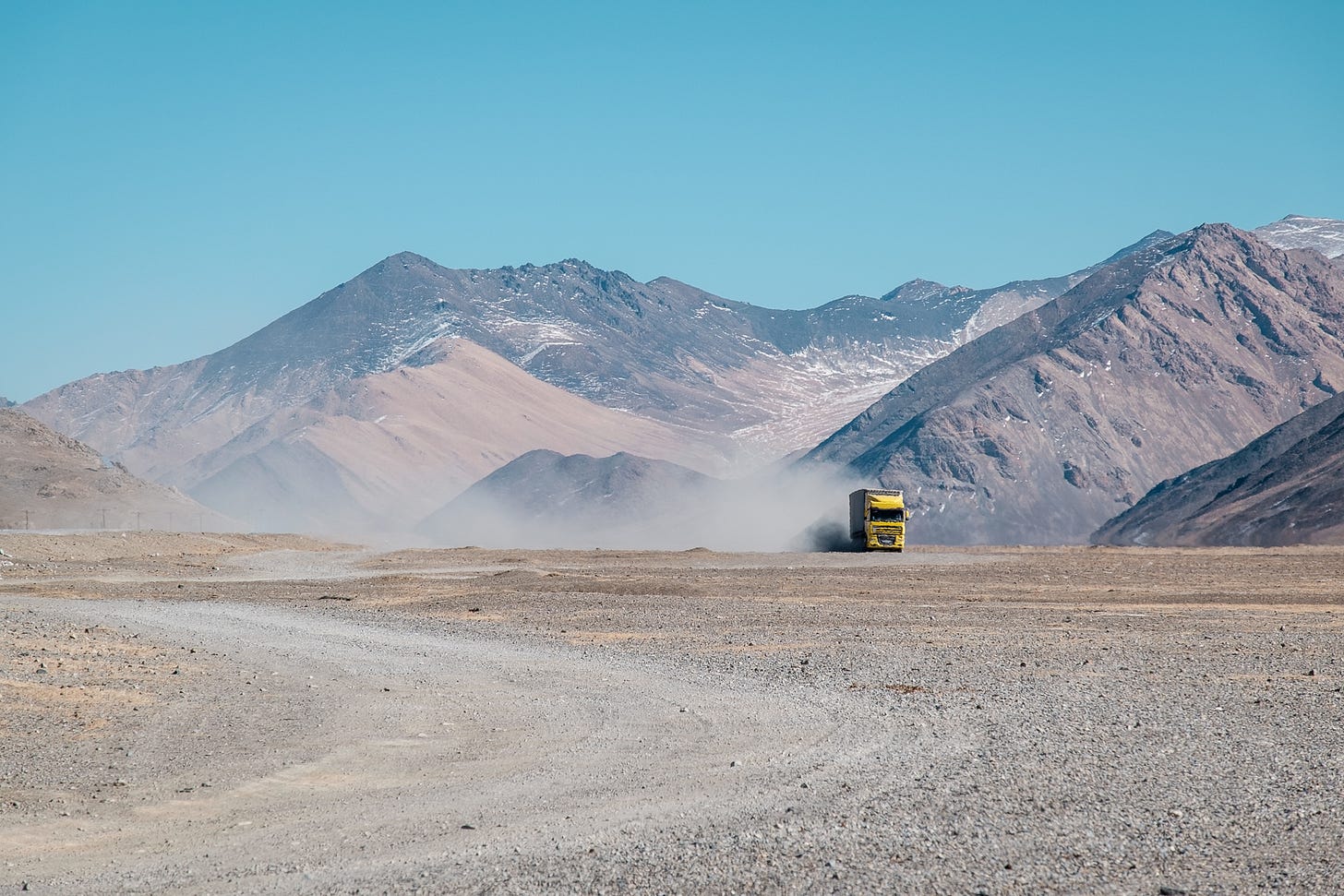
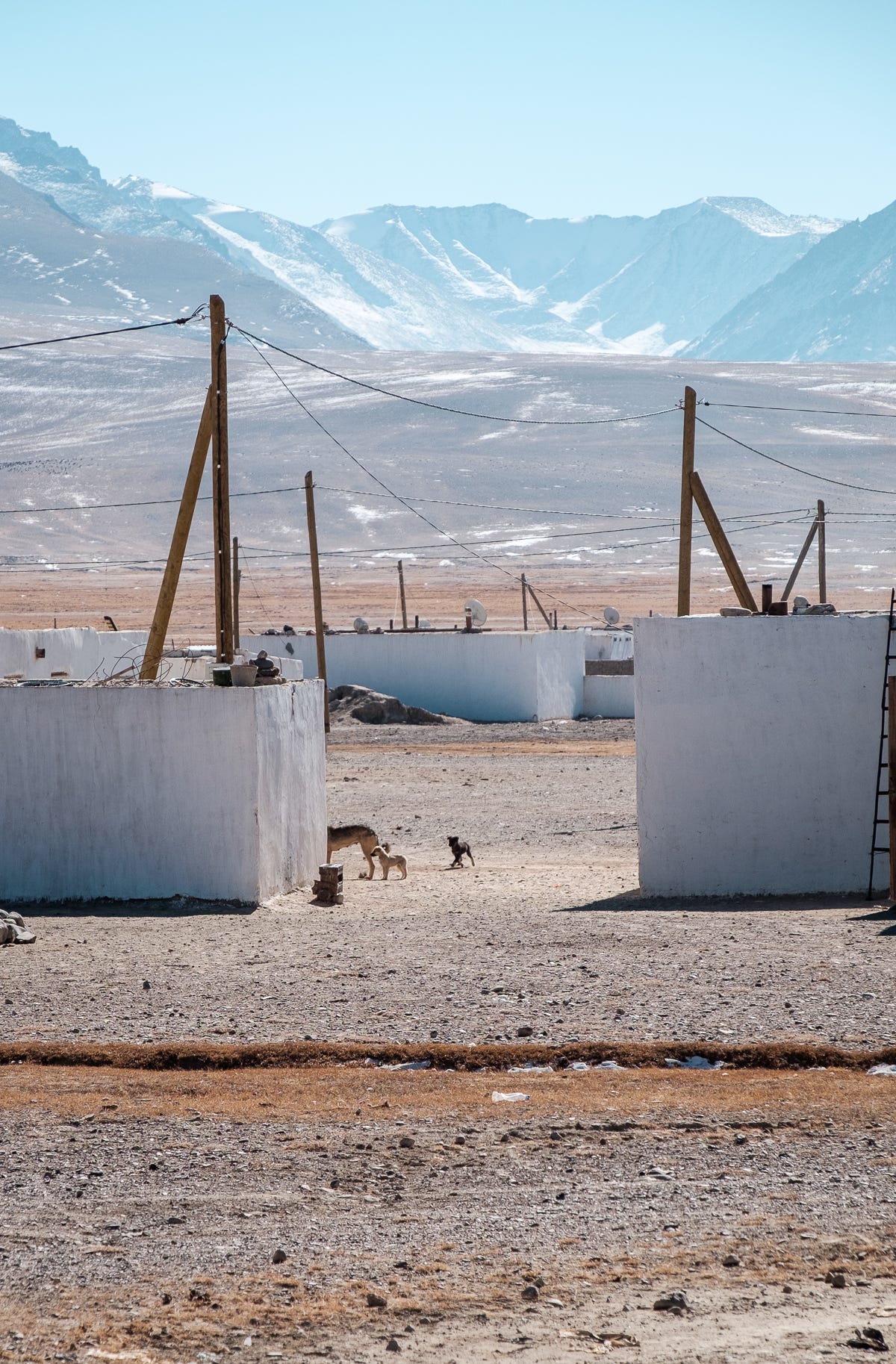
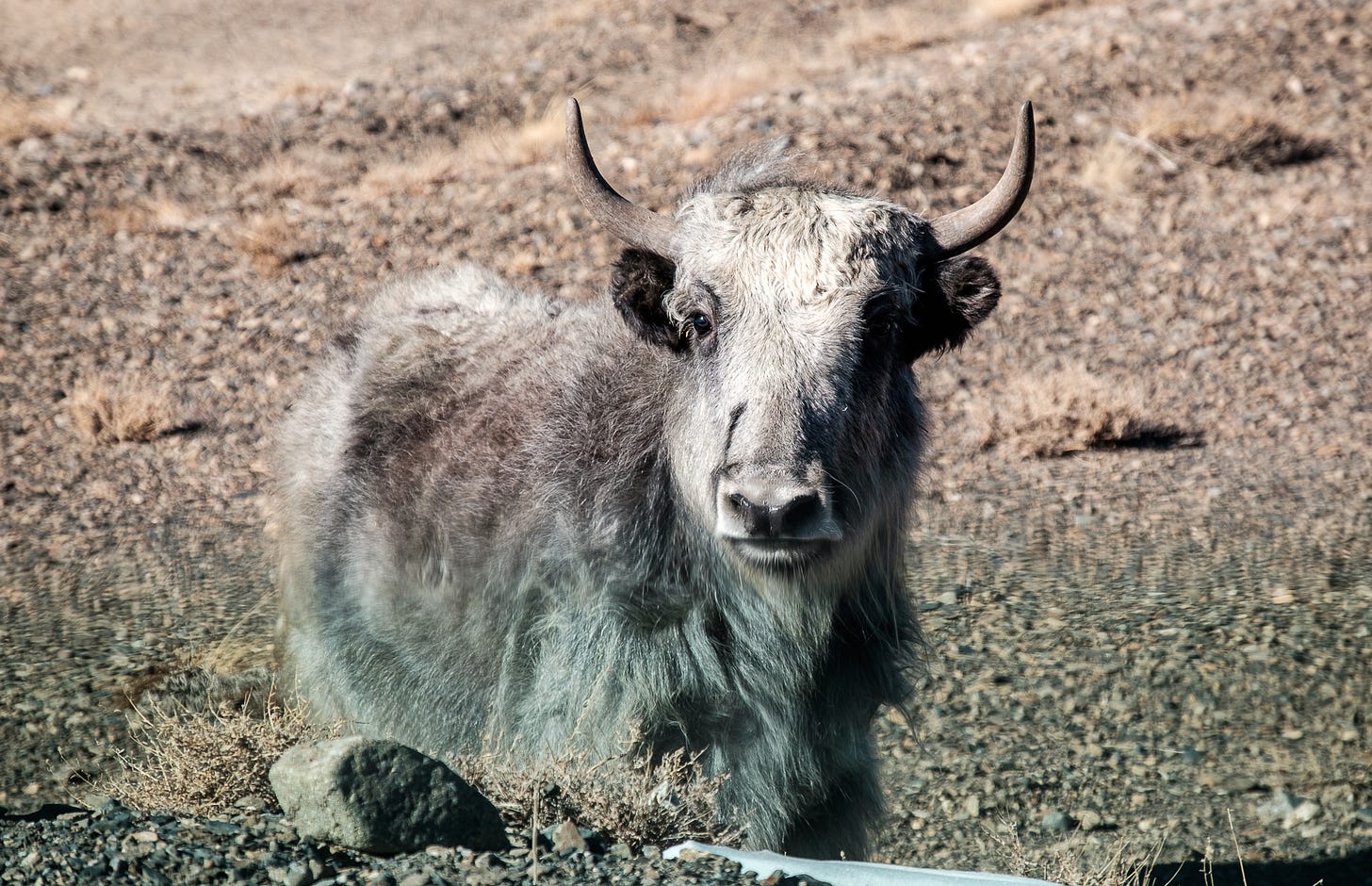
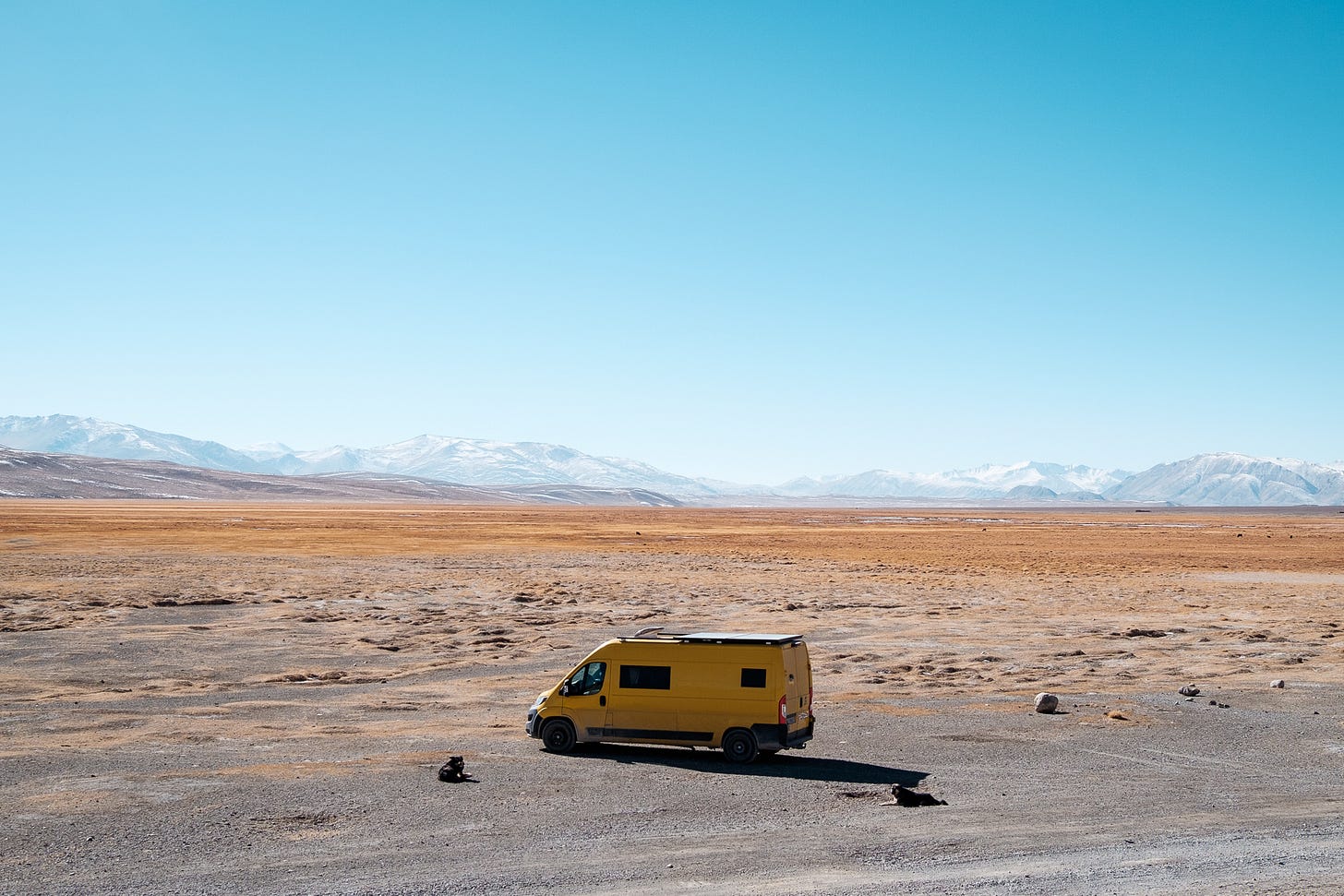
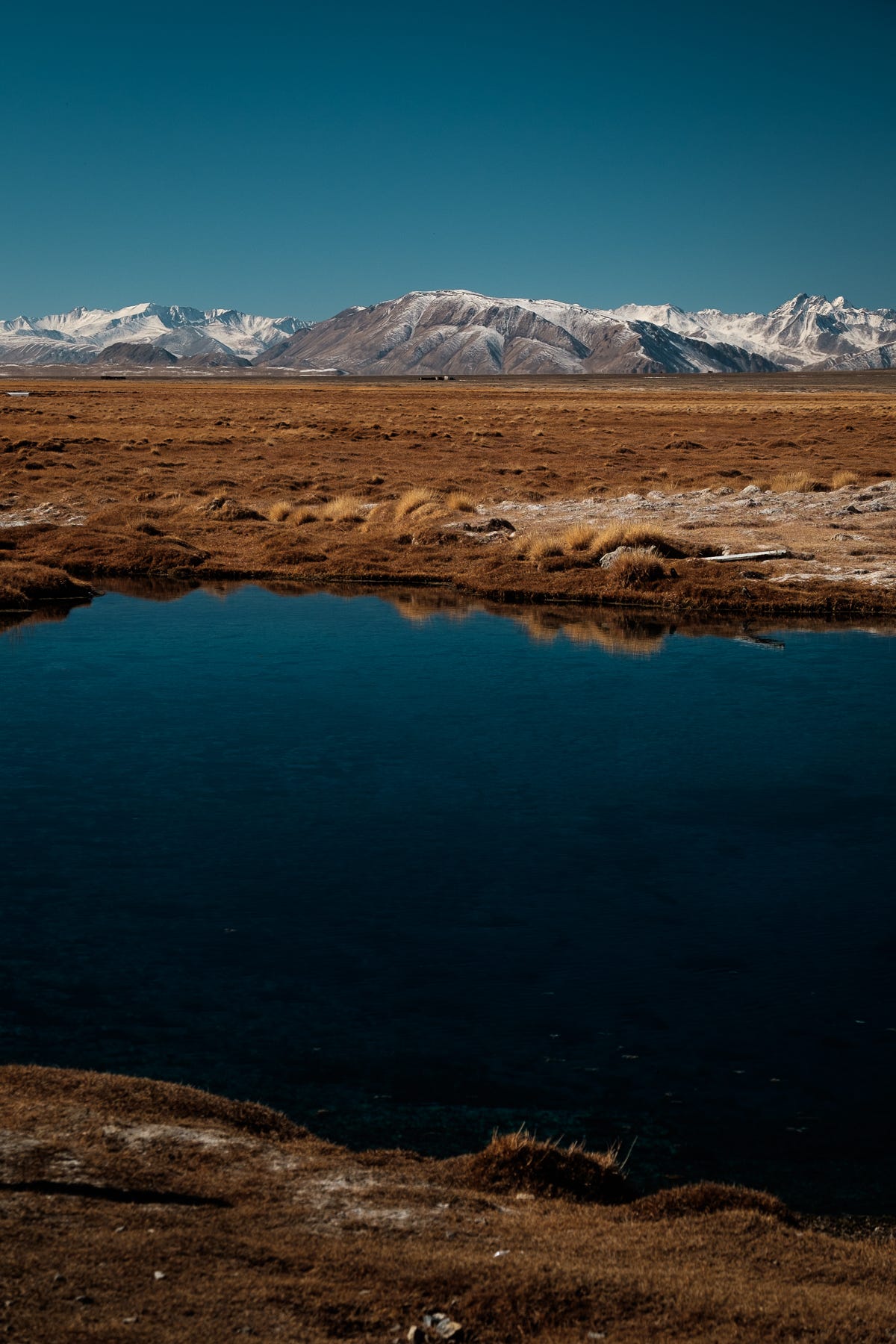
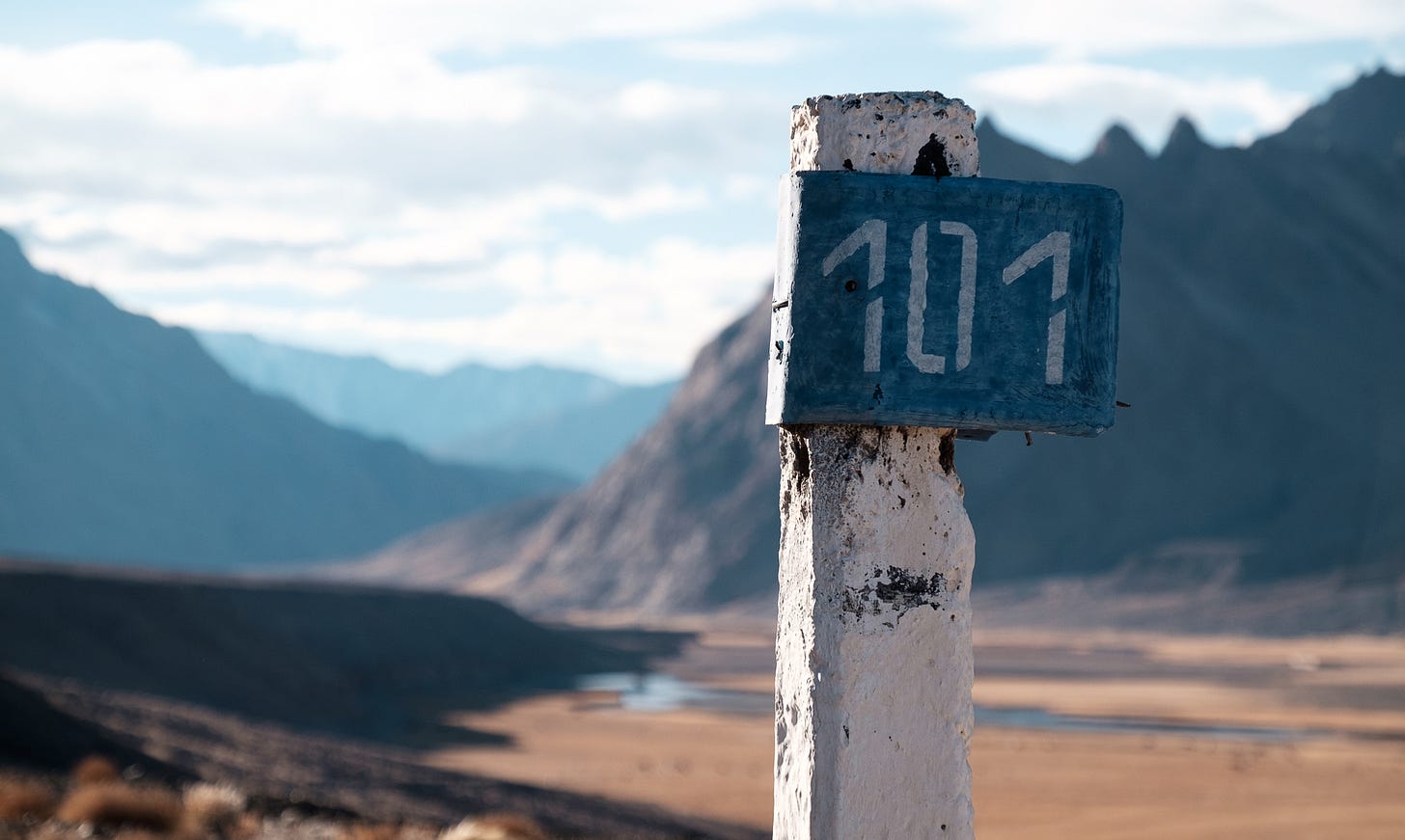
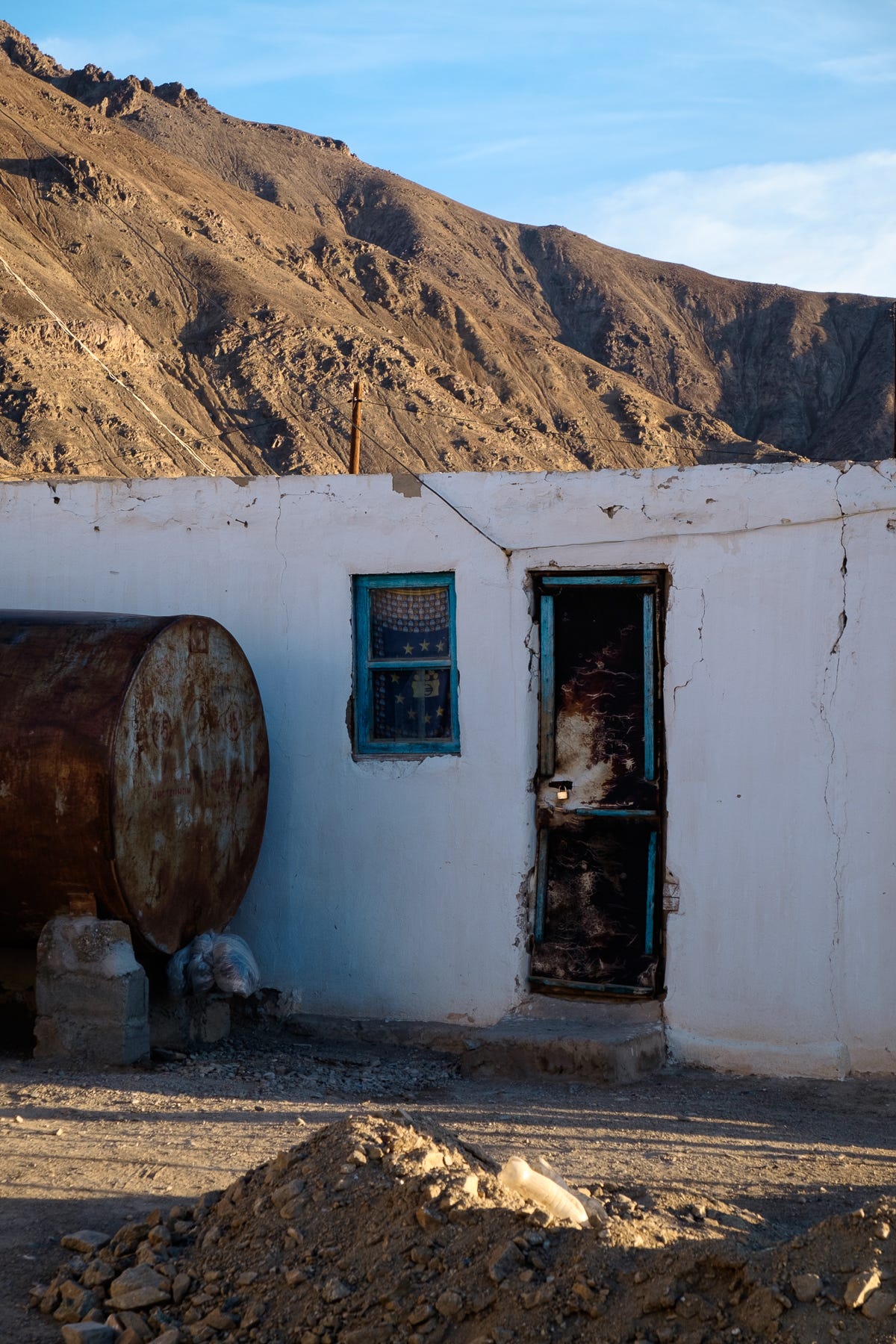
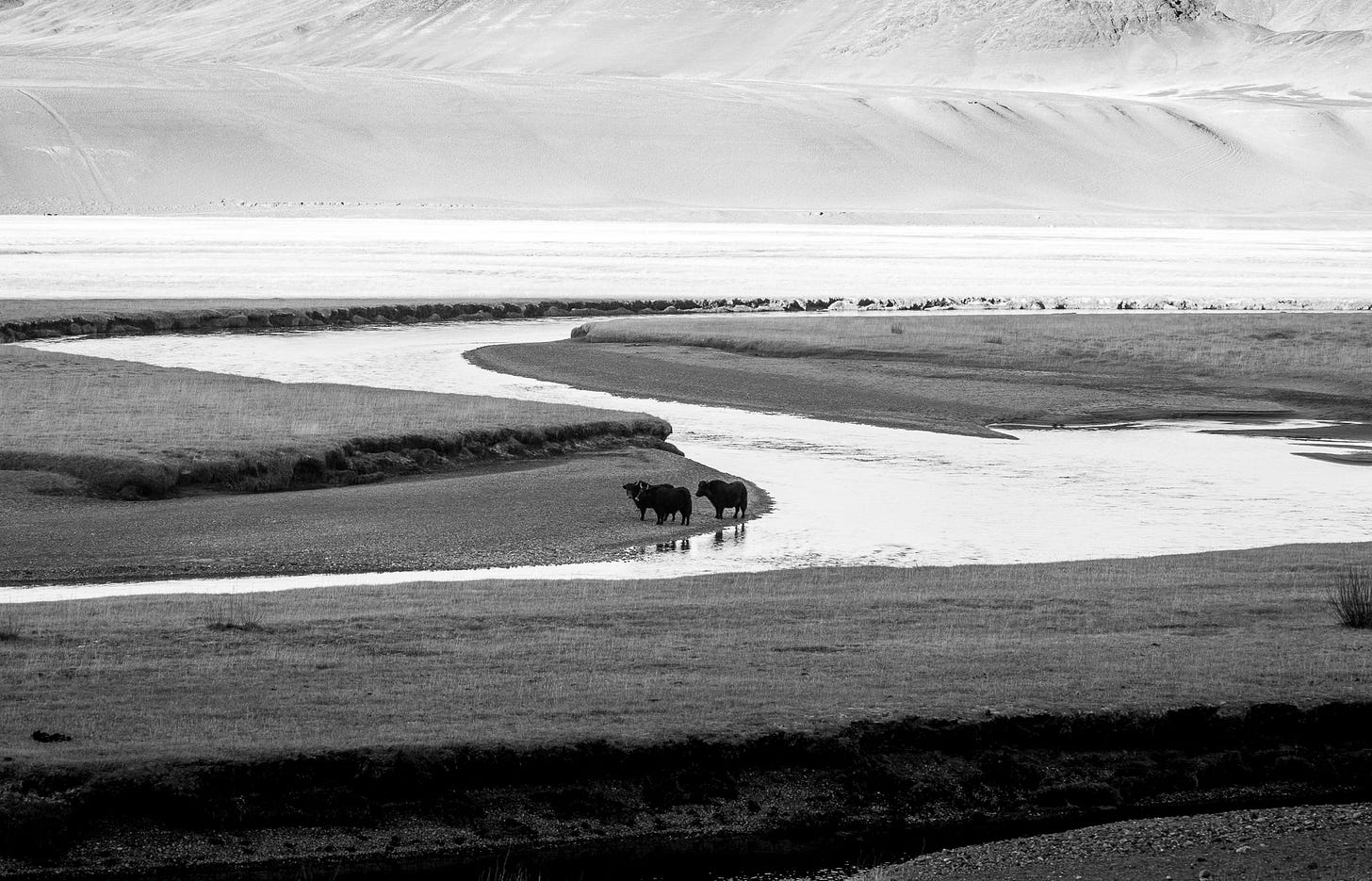
Ni tò llisi a mammagran é liye totta contenta mi la deu que firiye pa ceutte vite!